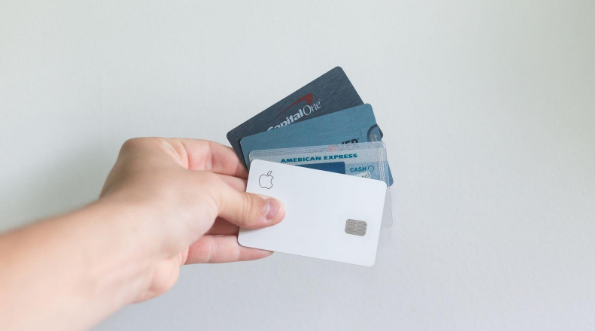Buying a home can feel rather complicated, especially when you have to manage your debt. As you start thinking about a home loan and the fact that you want to find a property in the next six to 12 months, you’ll probably have a few questions about your financial situation, including “How can I manage my debts to be able to get the house?” Below, Trademark Lawyers shares the details of debt management and discusses the steps you need to take to be able to purchase a house in less than a year.
Pay Off Debt First
Getting rid of as much debt as possible before applying for a home loan is ideal because it helps you improve your credit score, which mortgage lenders use to determine the interest rate you will receive. Becoming completely debt-free from credit cards might be unrealistic, but still, you should aim to pay off as much debt as you possibly can.
Consolidate Debt to Reduce Monthly Payments
Debt consolidation usually means using a single loan, service, or credit card to reduce multiple loans, including revolving debt like installment debt (personal loans) or credit cards. Rather than making several payments to different creditors every month, you’ll make one payment to a certain entity. Debt consolidation can also lower your interest rate and decrease your monthly payment, which, in turn, would lower your DTI ratio.
One of the most common methods of debt consolidation involves taking out a loan. This kind of installment loan enables you to consolidate several debts, such as medical bills, credit cards, and other types of loans. Once you’re approved for the loan, the lender will either pay off your existing debts or disburse money to you to pay off creditors yourself. After accomplishing this, you’ll make one loan payment at a new rate to a single entity.
Pay Your Bills on Time
Late payments make it more difficult to get rid of your debt because you’ll have to pay a late fee for each missed payment. In case you miss two payments in a row, your finance charges and interest rate will grow. It’s a good idea to enter your payments on a calendaring system on your phone or computer and set a reminder a few days before your payment is due. If it happens to miss a payment, do not wait until the next due date to send it; by then, it would be reported to the credit institution. Pay as soon as you remember that you missed it.
Make the Minimum Payment Toward the House
If you cannot afford to pay anything more toward what you owe, try to make the minimum payment, at least. The sum won’t help you make any real progress in paying off your debt, but it keeps your account in good shape, which helps you avoid late fees.
If there’s no way you can get the 20 percent down payment for the house, there are a few options you can give a try and several programs that can help you. The programs include FHA, USDA and VA loans, which makes it easier to buy the property if you don’t have the funds. When house hunting, it’s also a good idea to work with a realtor who is familiar with the area where you’re looking.
On the flip side, if you have the cash available, you could pay for points at closing. This involves paying a fee to your lender which can in turn reduce your interest rate. Whether this is a profitable financial strategy depends on how long you plan to live in your home. You can use a mortgage points calculator to help determine your break-even point.
Have an Emergency Fund
When things are going well for you, it’s imperative to establish an emergency fund as part of your savings plan. It would be best if you try to save sufficient money to cover at least three to six months of living expenses and unexpected events. That way, in case of an unforeseen occurrence, you’ll have some reserve cash to help you navigate the challenge.
Budget for the Move
As you pay down your debt, reorganize your finances and create an emergency fund, it’s also important to budget for your upcoming move. Start by determining which expenses you will likely incur, starting with whether you’re renting a moving truck and doing it yourself or hiring movers to handle everything for you. Obviously, a DIY move will be easier on your bank account, but this comes with a fair amount of stress, and will likely require you to involve friends and family for help. Alternatively, local moving companies will be expensive, but carefully vetted pros can make short work of your move, and get everything transferred safely and securely. Other expenses include any activation fees for services like internet, paying for packing supplies and the cost to rent any moving accessories like dollies or pads.
Debt Management Before Buying a House
The answer to “How can I manage my debts to be able to get the house?” depends on your financial situation but implementing even one or a couple of these tips can help you handle your debts so you can buy the property you want to live on.

